In the figure , two triangles are similar then x=…………..cm.
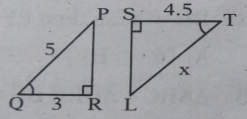 Solution in Telugu
Solution in Telugu
9.3
1.5
7.5
8.5
The correct Answer is:C
Step by step video & image solution for In the figure , two triangles are similar then x=…………..cm. by Maths experts to help you in doubts & scoring excellent marks in Class 10 exams.
Topper's Solved these Questions
- BOOK - VGS PUBLICATION-BRILLIANTCHAPTER - SIMILAR TRIANGLES EXERCISE - OBSERVATION BITS TO SOLVE VARIOUS BITS IN THE GIVEN IN THE PUBLIC EXAMINATION29videos
SIMILAR TRIANGLES
- BOOK - VGS PUBLICATION-BRILLIANTCHAPTER - SETS EXERCISE - CREATIVE BITS OF CCE MODEL EXAMINATION116videos
SETS
- BOOK - VGS PUBLICATION-BRILLIANTCHAPTER - STATISTICSEXERCISE - EXERCISE146videos
STATISTICS
Similar Questions
The maximum nuber of possible tangents that can be draw to a circle is ……..
01:37View SolutionLet A={1,2,{1},{1,2},3,4}, then which of the following is true?
02:11View SolutionThe mean value can be calculated from both ungrouped and grouped date . Which one you think is more accurate ? Why ?
01:31View SolutionHow many lines of symmetry does the above figure have ?
02:45View SolutionDetermine the point of symmetry of a regular hexagon.
02:17View SolutionDtermine the images of the following figure about the given line :
05:41View SolutionMatch the following Column A to Column B
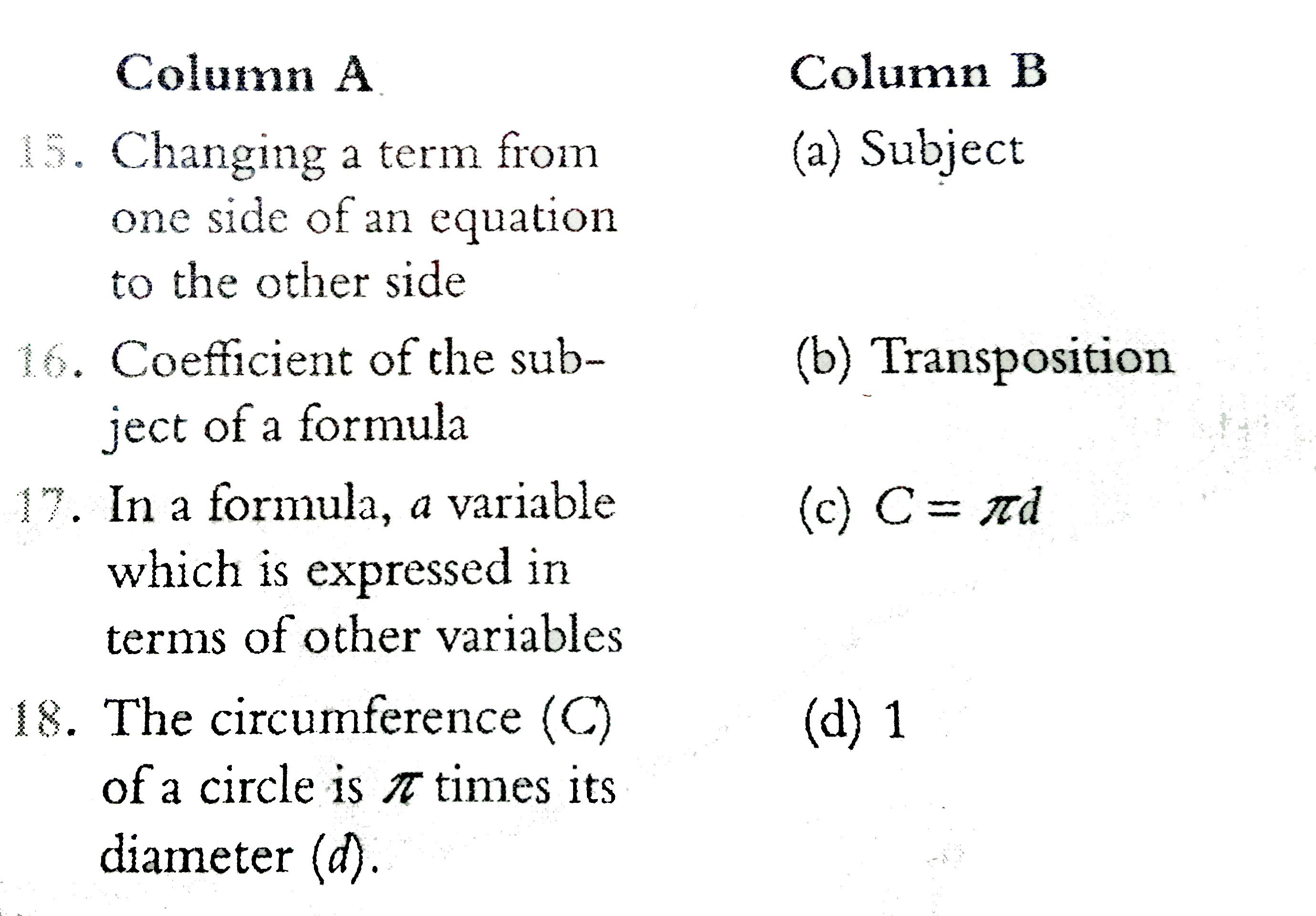 02:21View Solution
02:21View SolutionMatch the following Column A to Column B
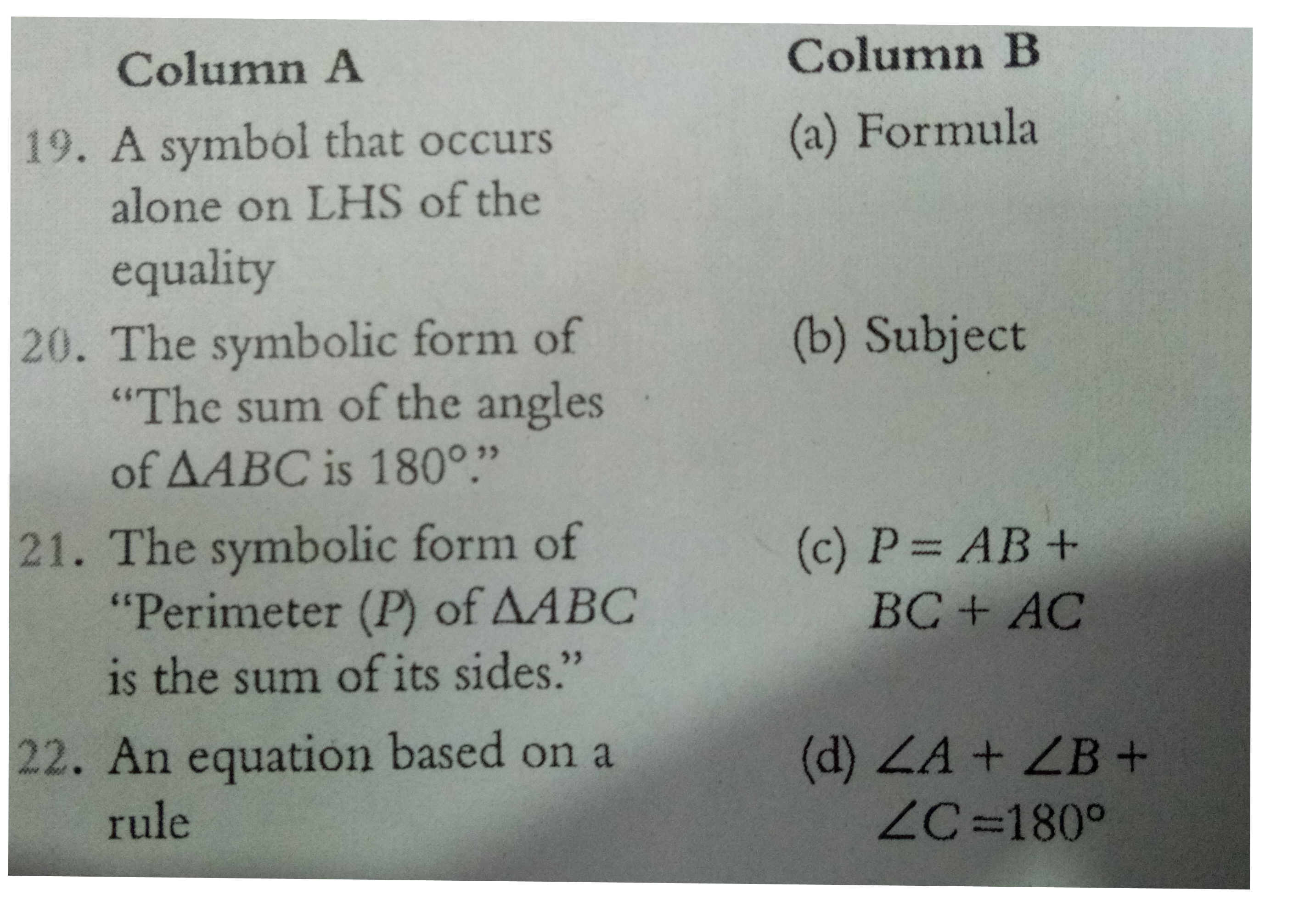 02:03View Solution
02:03View SolutionMatch the following Column A to Column B
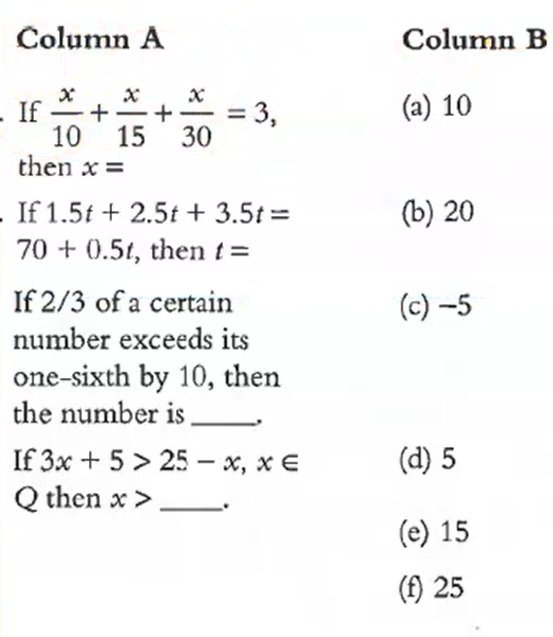 02:10View Solution
02:10View SolutionFind the area of the figure given below.
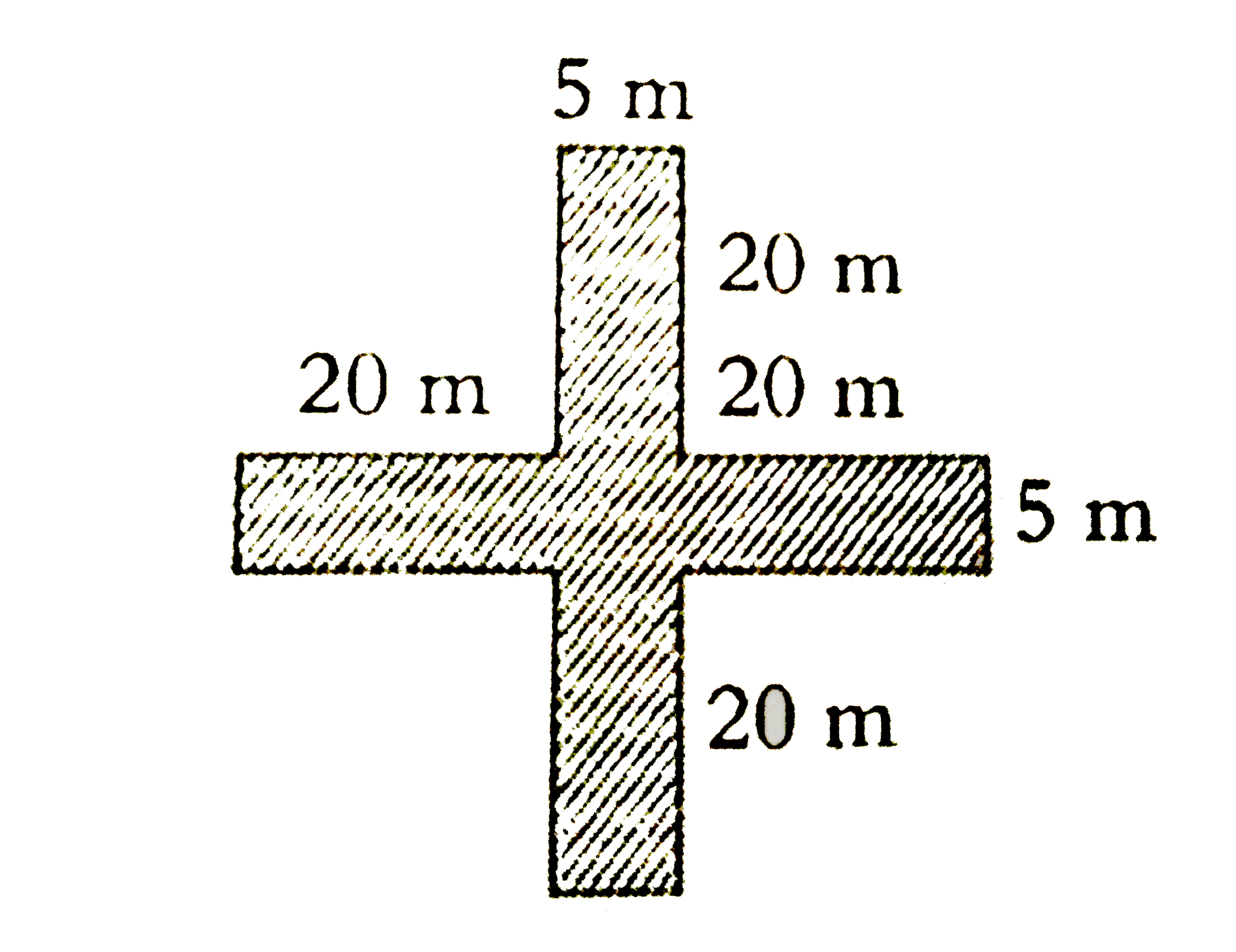 02:17View Solution
02:17View SolutionThe area of the shaded part in the figure given below is ______.
 02:10View Solution
02:10View SolutionThe inequation represented by the graph given below is :
04:23View SolutionThe inequation that best describes the graph given below is _________
01:59View SolutionThe inequation that best describes the following graph is _________
01:19View SolutionWhich inequations represent the shaded region in the given figure
02:41View SolutionThe equation of straight line shown in figure is :
ltimg src="https://d10lpgp6xz60nq.cloudfront.net/physics_images/ALN_PHY_R04_E01_020_Q01.png" width="80%"gt01:52View Solution

